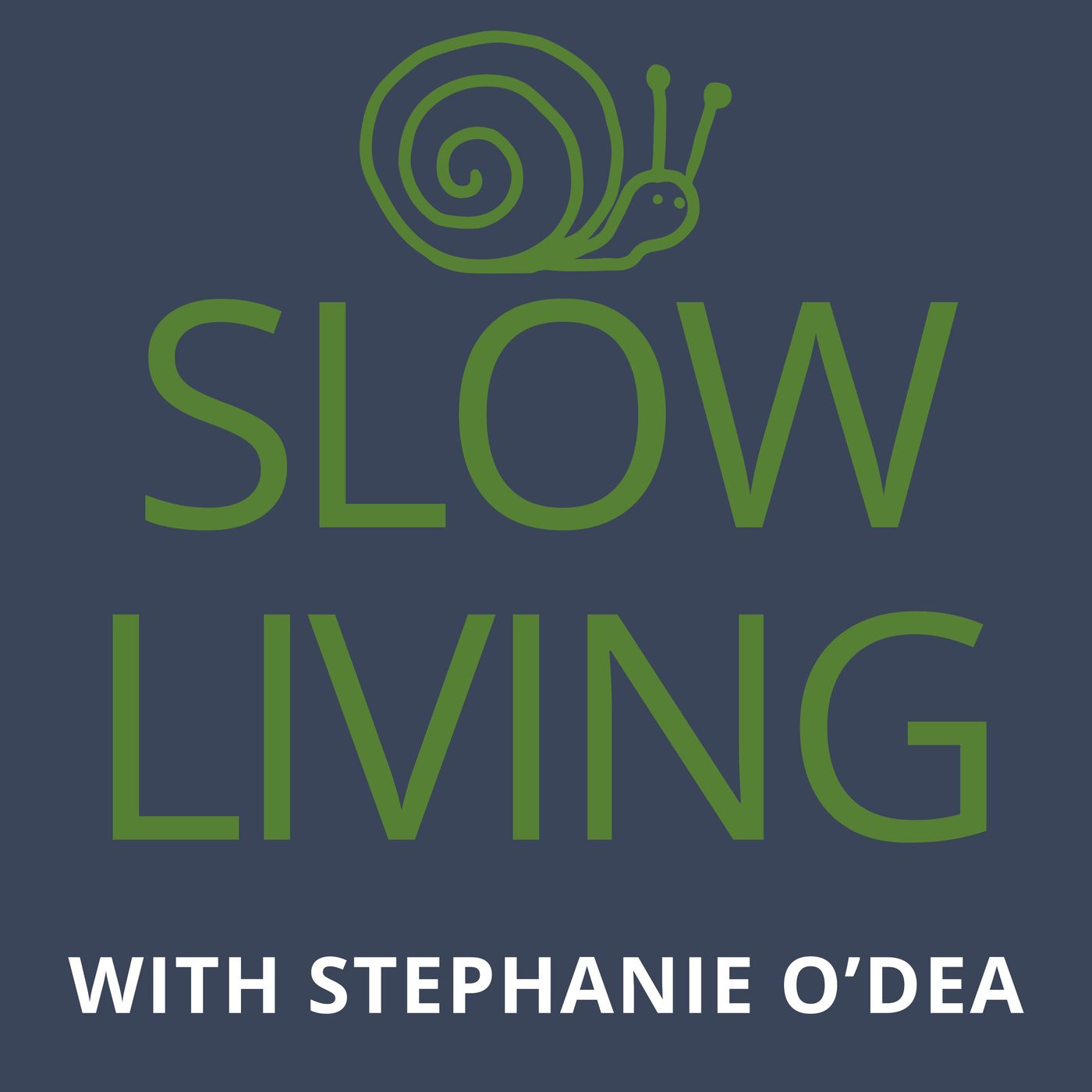
The Self-Help Podcast with Deepali Nagrani
Hi, I’m Deepali — a speaker, storyteller, and proud mom to a wonderful one-year-old. I live in Victoria, BC, Canada, hands down the best place to live!
For as long as I can remember, I’ve been drawn to public speaking. It lights me up in ways I can’t quite explain. I’ve always sought the stage, longing for a space to say something that matters.
Then one day, I realized: if you can’t find a stage, build one.
This podcast is that stage. It was born not just from my love of words, but from one of the hardest chapters of my life. At 32, after one of the toughest chapters of my life, I discovered something worth sharing: my voice, reshaped by truth and tenderness.
Here, I speak from the messy middle of motherhood, healing, identity, fear, hope, and everything in between. It’s not perfect, but it’s real. If you’re craving something genuine, something that feels like a deep breath — you’re in the right place.
Let’s speak the truth. Let’s find meaning together.
Welcome to the stage I built from the feeling of always wanting to be on one.
I’m so glad you’re here.
The Self-Help Podcast with Deepali Nagrani
The Power of Feedback: That Builds or Breaks ?
We share why feedback often fails and how small shifts—asking permission, naming the situation, and ending with a question—turn critique into growth. Stories, scripts, and practical habits show how to build trust, not fear, and create a culture where feedback is safe.
• separating behavior from identity in feedback
• tone, timing and setting as delivery levers
• asking permission before giving input
• using questions to invite self-reflection and ownership
• positive reinforcement as a performance driver
• leaders modeling vulnerability and safety
• simple scripts for specific, actionable feedback
• turning feedback into a culture of trust and autonomy
If you enjoyed listening to this, please send it to someone whom you think may benefit listening from this and follow for more such amazing self help improvement podcasts
💛 Thank you for being here.
If something in this episode spoke to you, I hope you carry it with you — or share it with someone who might need it too.
I'd love to hear your story, your thoughts, or just how you're feeling after listening. Reach out anytime at deepalinagrani23@gmail.com
🌐 For more stories, resources, downloadable freebies please visit:
www.deepalinagrani.com
🕊️ This is just the beginning.
Take care of your body. Be gentle with your heart. And never forget — your story matters.
My mind went blank, my throat tightened. I didn't hear anything else they said. I just heard the subtext. You're wrong, you're incompetent, you wasted everyone's time. That's the power of feedback. It can make or break not only a conversation, but a relationship, a team, and even an entire workplace culture. Hi there, welcome back to the Southwell Podcast with Niki Pali. And today we are going to unpack exactly how feedback works, why it sometimes fails, and how we can give it in a way that empowers instead of destroys. Here's the truth. Feedback is one of the most powerful tools we have in any professional or personal setting. At its best, it guides, corrects, encourages, and develops people. At its worst, it creates resentment, breaks trust, and shuts people down. I once coached a team where two members had been avoiding each other for six months because one of poorly delivered pieces of feedback. One person said in front of everyone, you're not just detail-oriented enough for the role. And that single sentence was enough to fracture their trust. And here's the sad part. The intent wasn't even malicious. The person genuinely wanted to help, but the delivery, it turned into a personal attack. And of course, it was not very well taken. When feedback is constructive, it feels like a nudge in the right direction. It encourages growth and builds trust. But when it's harsh, vague, or personal, it does the opposite. It decreases trust, makes people defensive, and leaves them feeling attacked rather than supported. So let's pause. How many times have you walked away from feedback thinking, wow, that was actually helpful? For most people, it's not often the case. Here's one of the golden rules. Talk about the situation, not the individual. Constructive feedback is rooted in outcomes, not in personal attacks. If I say you're careless, that's about you as a person. But if I say there was an error in the report number, that's about a situation now that we can fix together. Let me give you an example. I once worked with a leader who had a team member consistently missing deadlines. Instead of saying you're unreliable, she said, I noticed the last three projects were submitted a few days late. Can we talk about what's getting in your way? Now that single reframing shifted the conversation from defensiveness to problem solving. And it's just not about kindness, it's about effectiveness. It's not just what we say, it's how we say it. Your tone of voice, body language, timing, setting, all of these variables can make the difference between feedback being heard and feedback being rejected. Years ago, I had a colleague who thought they were being direct but actually came across as confrontational. In a team meeting, they give feedback in a clipped tone, leaning forward, the result? People shut down. They stopped volunteering ideas because they didn't want to risk that public sting. Now, compared that to a leader I admire. She waits until we are in a private setting, starts with something I've done well, and then calmly shares the issue. And she always ends with a question. What do you think? That one question turns a lecture into a conversation. We've all been blindsided by unsolicited feedback. I once had someone approach me in the break room and said, by the way, the presentation yesterday was kind of all over the place. No hello, no high, no context, just like that. You were so close to the mic that he I could hear you breathe. Now that was huge. I completely shut down. Here's the thing the unsolicited snide feedback doesn't just sting, it's ineffective, it's destructive. The brain goes straight into the fight or flight mode and the actual message gets lost. A much better approach is to ask first. Can I share some thoughts with you? That tiny moment of permission changes everything. It shifts the power dynamic and helps the listener feel prepared instead of ambushed, instead of being rushed into something they didn't even ask for. Feedback isn't fixing people and isn't fixing about what's wrong. It's about empowering meat people. I once worked with a team member, a colleague of mine, who doubted her abilities. Instead of pointing out every mistake, I focused on highlighting the times that they nailed something that they did really really well. Slowly I saw the confidence grew and so the performance. When people feel trusted and respected, they perform better. Autonomy is fuel for motivation and feedback, when done well, feeds that autonomy. Positive reinforcement is often overlooked, yet it's one of the most powerful motivators. Think about it. How often do you hear what's going right? I remember working with a leader who made it a point to celebrate everyone's small wins. Hey, I noticed you handled that difficult client call, yes, did it really well, and you were bang on with the answers and replies. It just took what 5, 3, 4, 5 seconds, but it made me want to keep improving. Positive feedback isn't just fluff, it's reinforcement. It tells people exactly what to keep doing. One of the best ways to give feedback is to invite self-reflection. Instead of saying that didn't go well, try, how do you think that went? I once asked a colleague this after a challenging meeting, and they ended up identifying the very same points I would have any which ways raised. And because they said it, now they own the solution and they understood what could have been done differently instead of me shoving it on anyone. Questions turn feedback from a one-way instruction into a two-way conversation. Imagine a workplace where feedback isn't feared but welcomed. Where people know it's a tool for growth and not punishment. I have seen teams transform when leaders model this. They ask for feedback as much as they give it. They show vulnerability, they admit when they get it wrong. That sets the tone here. That feedback is safe. So here's my challenge to you. This week, whether you're giving feedback or receiving feedback, please pause for a moment. Ask yourself, am I speaking to the situation or am I speaking to the person? Am I delivering it in a way that builds trust or erodes it? And most importantly, am I helping the person grow or am I just pointing out a flaw and telling them that they are not good enough? Because feedback when done right is a powerful is an incredibly powerful tool. In the right hands, it shapes careers, strengthens teams, builds trust, transforms relationships, and enhances the overall culture. But in the wrong hands, it breaks them. Please choose to be the person who builds and not breaks. If you enjoyed listening to this, please send it to someone whom you think may benefit listening from this and follow for more such amazing self help improvement podcasts. A lot is coming up. Thank you, and until next time, bye bye.
Podcasts we love
Check out these other fine podcasts recommended by us, not an algorithm.

She's So Lucky
She's So Lucky
The Live with Audacity™ Podcast - Women Overcoming Society
Melissa Stuart | Audacity Coach, Authenticity Expert, Multi-Brilliant, Deconstruction, Alignment, Confidence, Purpose, Clarity, Freedom, Abundance, Manifest, Heal, ADHD, Subconscious Shifts
The Confidence Chronicles
Erika Cramer
The Mel Robbins Podcast
Mel Robbins
Oprah's Super Soul
OprahHelp Me Be Me
Cloud10
Slow Living
Stephanie ODea
The Glow Up Secrets
Elicia Goguen
Women of Impact
Impact Theory
Happier with Gretchen Rubin
Gretchen Rubin / The Onward Project
Busy, Yet Pretty
Jadyn Hailey
How to Survive
Joe Shervell and Chris Morris
The Happiness Lab with Dr. Laurie Santos
Pushkin IndustriesYOU ARE A BADASS
em_evolving
We Can Do Hard Things
Treat Media and Glennon Doyle
Unlocking Us with Brené Brown
Vox Media Podcast Network
A Better You
Manoela Ford
Almost 30
Krista Williams & Lindsey Simcik
